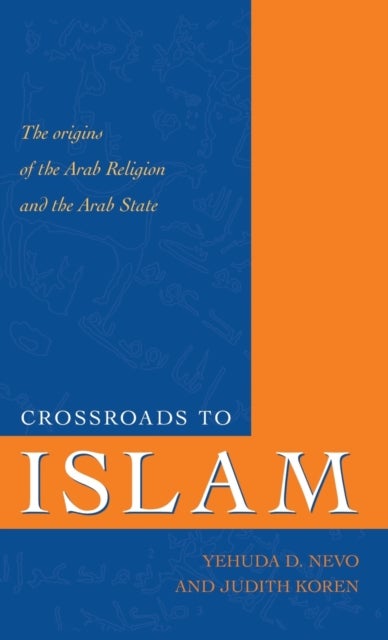
Crossroads to Islam av Yehuda D. Nevo, Judith Koren
419,-
In this controversial exploration of the early history of Islam, archaeologist Yehuda D. Nevo and researcher Judith Koren present a revolutionary theory of the origins and development of the Islamic state and religion. Whereas most works on this subject derive their view of the history of this period from the Muslim literature, Crossroads to Islam also examines important types of evidence hitherto neglected: the literature of the local (Christian) population, archaeological excavations, numismatics, and especially rock inscriptions. These analyses lay the foundation for a radical view of the development of Islam.According to Nevo and Koren, the evidence suggests that the Arabs were in fact pagan when they assumed power in the regions formerly ruled by the Byzantine Empire. They contend that the Arabs took control almost without a struggle, because Byzantium had effectively withdrawn from the area long before. After establishing control, the new Arab elite adopted a simple monotheism in








